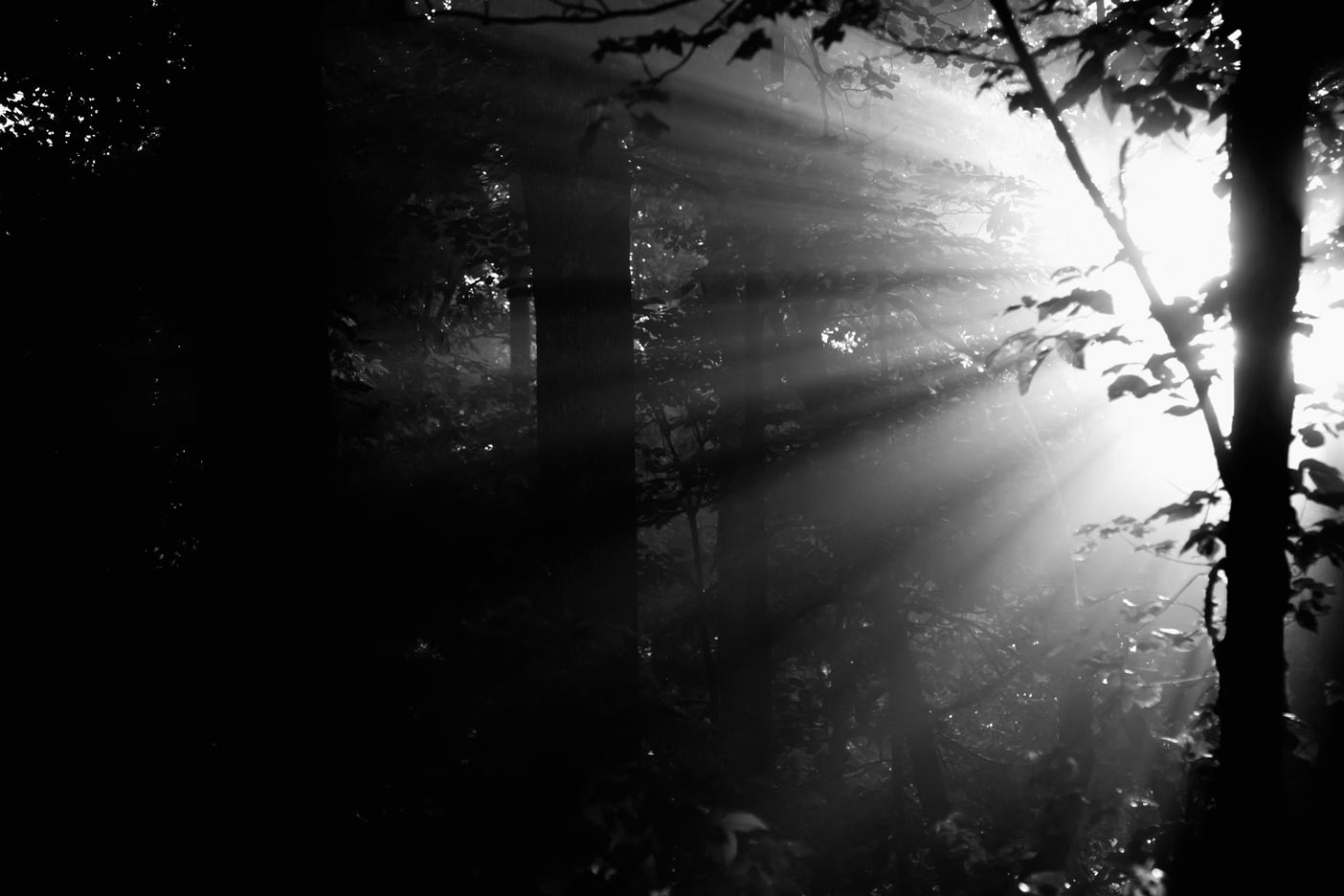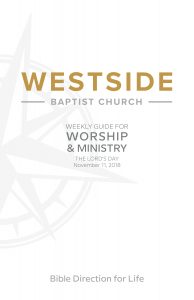The true beauty and loveliness of all intelligent beings primarily and most essentially consist in their moral excellency or holiness. Herein consists the loveliness of angels, without which, notwithstanding all their natural perfections, they would have no more loveliness than devils. It is moral excellency alone, that is in itself, and on its own account, the excellency of intelligent beings: it is this that gives beauty to, or rather is the beauty of, their natural perfections and qualifications. Moral excellency, if I may so speak, is the excellency of natural excellencies.
Natural qualifications are either excellent or otherwise, according as they are joined with moral excellency or not. Strength and knowledge do not render any being lovely without holiness, but more hateful; though they render them more lovely when joined with holiness. Thus the elect angels are the more glorious for their strength and knowledge, because these natural perfections of theirs are sanctified by their moral perfection. But though the devils are very strong, and of great natural understanding, yet they are not the more lovely. They are more terrible, indeed, not more amiable; but on the contrary, the more hateful. The holiness of an intelligent creature, is the beauty of all his natural perfections.
And so it is in God, according to our way of conceiving of the Divine Being: holiness is in a peculiar manner the beauty of the divine nature. Hence we often read of the beauty of holiness, (Psalms 29:2; 96:9; 110:3.) This renders all his other attributes glorious and lovely. It is the glory of God’s wisdom, that it is a holy wisdom, and not a wicked subtlety. This makes his majesty lovely, and not merely dreadful and horrible, that it is a holy majesty. It is the glory of God’s immutability, that it is a holy immutability, and not an inflexible obstinacy in wickedness.
And therefore it must needs be, that a sight of God’s loveliness must begin here. A true love to God must begin with a delight in his holiness, and not with a delight in any other attribute; for no other attribute is truly lovely without this, and no otherwise than as (according to our way of conceiving God) it derives its loveliness from this. Therefore, it is impossible that other attributes should appear lovely, in their true loveliness, until this is seen: and it is impossible that any perfection of the divine nature should be loved with true love until this is loved.
If the true loveliness of all God’s perfections, arises from the loveliness of his holiness; then the true love of all his perfections, arises from the love of his holiness. They that do not see the glory of God’s holiness, cannot see any thing of the true glory of his mercy and grace. They see nothing of the glory of those attributes, as any excellency of God’s nature, as it is in itself; though they may be affected with them, and love them, as they concern their interest. For these attributes are no part of the excellency of God’s nature, as that is excellent in itself, any otherwise than as they are included in his holiness, more largely taken; or as they are a part of his moral perfection.
Jonathan Edwards [1703–58]. The Works of Jonathan Edwards Volume 1, (Banner of Truth, 1992), 279. Some paragraphing added.




